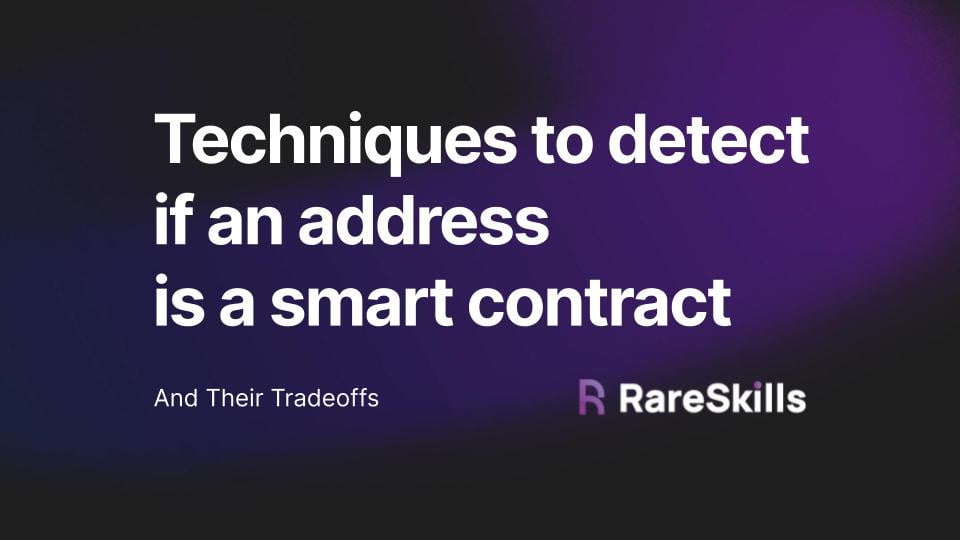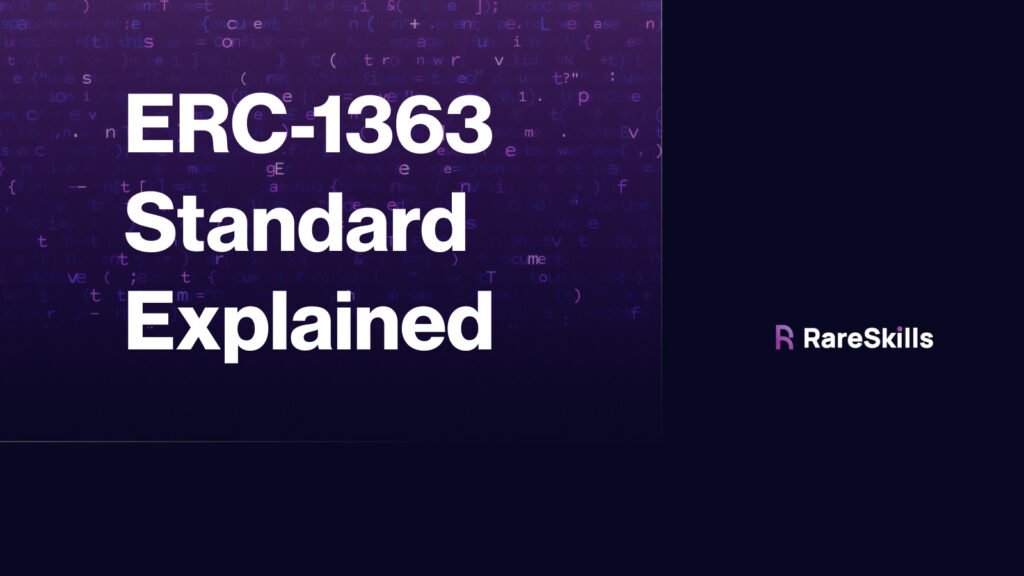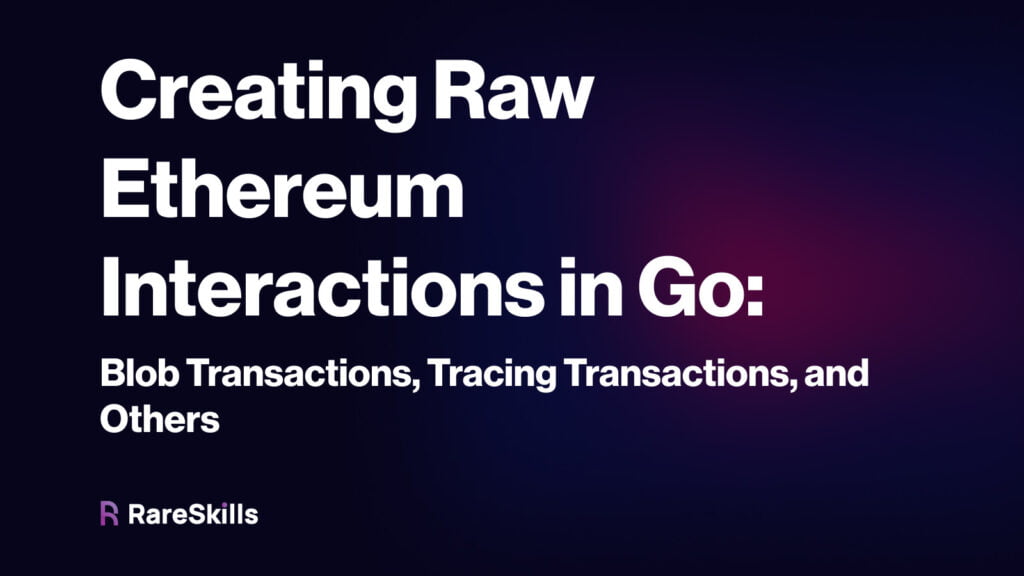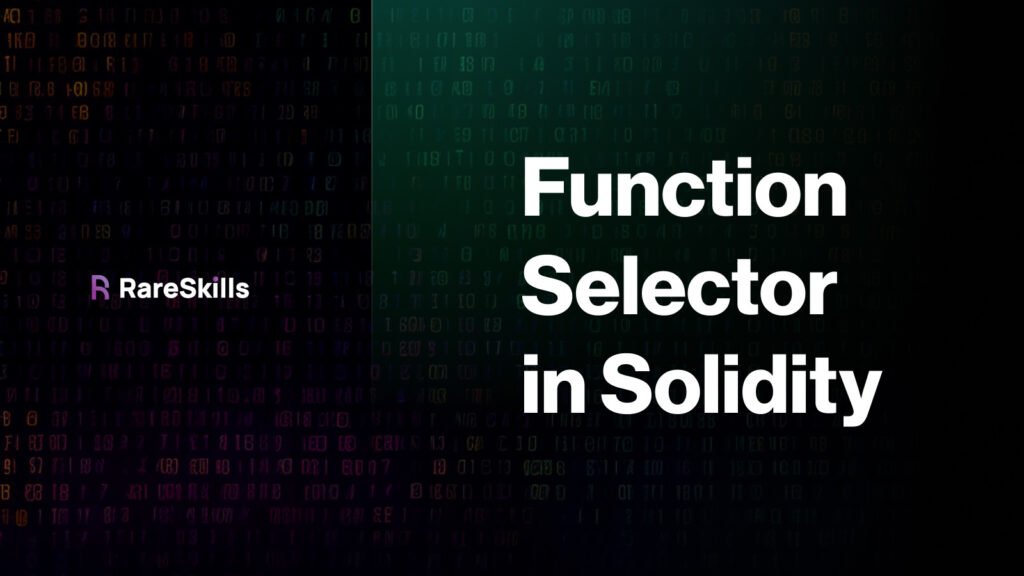Finite Fields and Modular Arithmetic for ZK Proofs
Finite Fields and Modular Arithmetic for ZK Proofs This article is the third in a series. We present finite fields in the context of circuits for zero-knowledge proofs. The previous chapters are P vs NP and its Application to Zero Knowledge Proofs and Arithmetic Circuits. In the previous chapter on arithmetic circuits, we pointed out […]

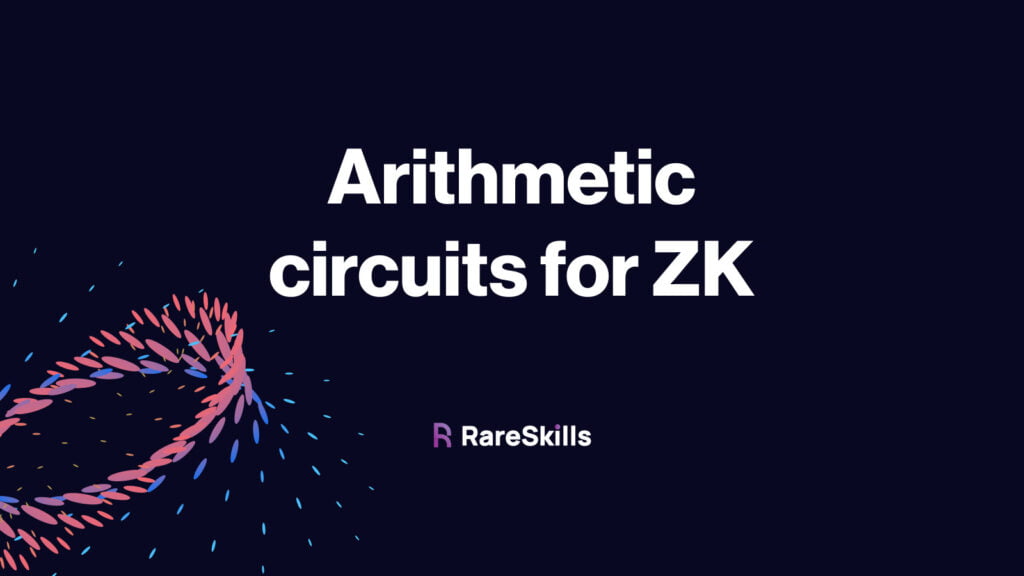
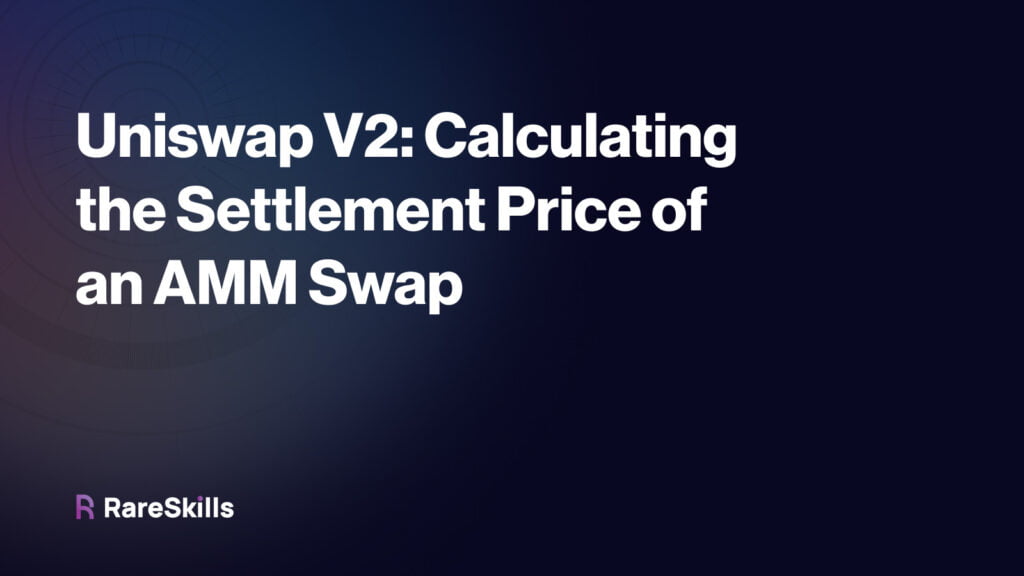
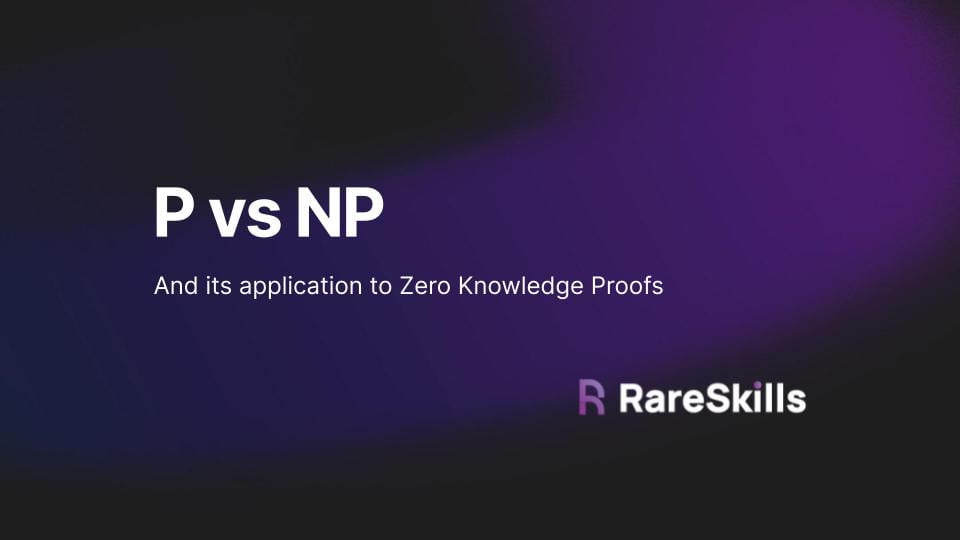
![#[derive(Accounts)] in Anchor: different kinds of accounts](https://www.rareskills.io/wp-content/uploads/2024/08/935a00_05694389f65848dfb3dee8af7aa05874mv2-1024x576.jpg)
